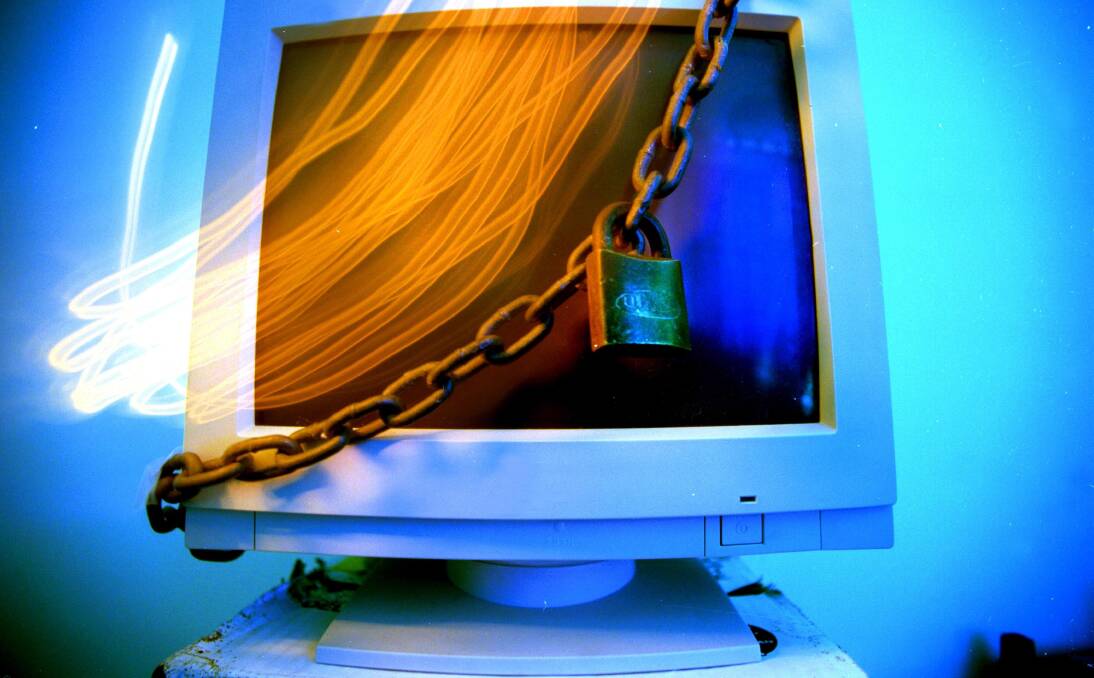
Is it true, do you think, that in the world today, truth is losing? Is it true that we are living in a post-truth world where propaganda and spin over-ride truth?
Subscribe now for unlimited access.
$0/
(min cost $0)
or signup to continue reading
Certainly one of the aims of the neoliberal agenda is to ensure that children are educated to believe in what is identified as the “right way”.
Education teaches young people they are responsible for what happens to them, and therefore it becomes harder to challenge systemic and social issues. Nothing is the fault of the system, it is all about individuals.
You are from an ethnic minority group or have a disability – if you don’t make it, that’s because you didn’t work hard enough.
This has led to a global lack of civic engagement and a decline in a sense of social responsibility. Ignorance has become a political weapon which serves the interests of the elite.
In many philosophies today, there is a belief that there is no such thing as one truth; that the truth is as varied as are the people who think.
Social media provides opportunities for many people to share their many different truths. Is it appropriate for anyone to make a judgment that some truths should not be shared?
I talked in my last column about the infantalisation of higher education. Content that might be found offensive by a student must, in many places in America, carry a warning.
Do social media platforms have a responsibility to protect people from some postings presenting certain ideas of the truth?
Is it appropriate that we rely on others to determine what we should read and what we should see? Have we all become so unable to discriminate for ourselves that we are willing to be influenced by everything we read/hear/see or alternatively are we so cynical that we don’t believe anything any one says?
Either way, what are our responsibilities to develop our ability to be discriminating, to make our own judgments about what we believe and make our own decisions about how these beliefs will influence what we do?
Slouka once said that if democracy was to mean anything, it had to require citizens to take risks to test the limits of the acceptable. At the same time, Chomsky reminds us that it is essential that we hold ideas accountable for the practices they produce and legitimise.
We need to move beyond the given: actively seek different ideas, different ways of thinking about issues.
Chomsky suggests that we need a combination of hope, vision, courage and a willingness to make power accountable so democracy, stagnating and perverted under neoliberalism, can grow again to become something we are proud to share with our children.

